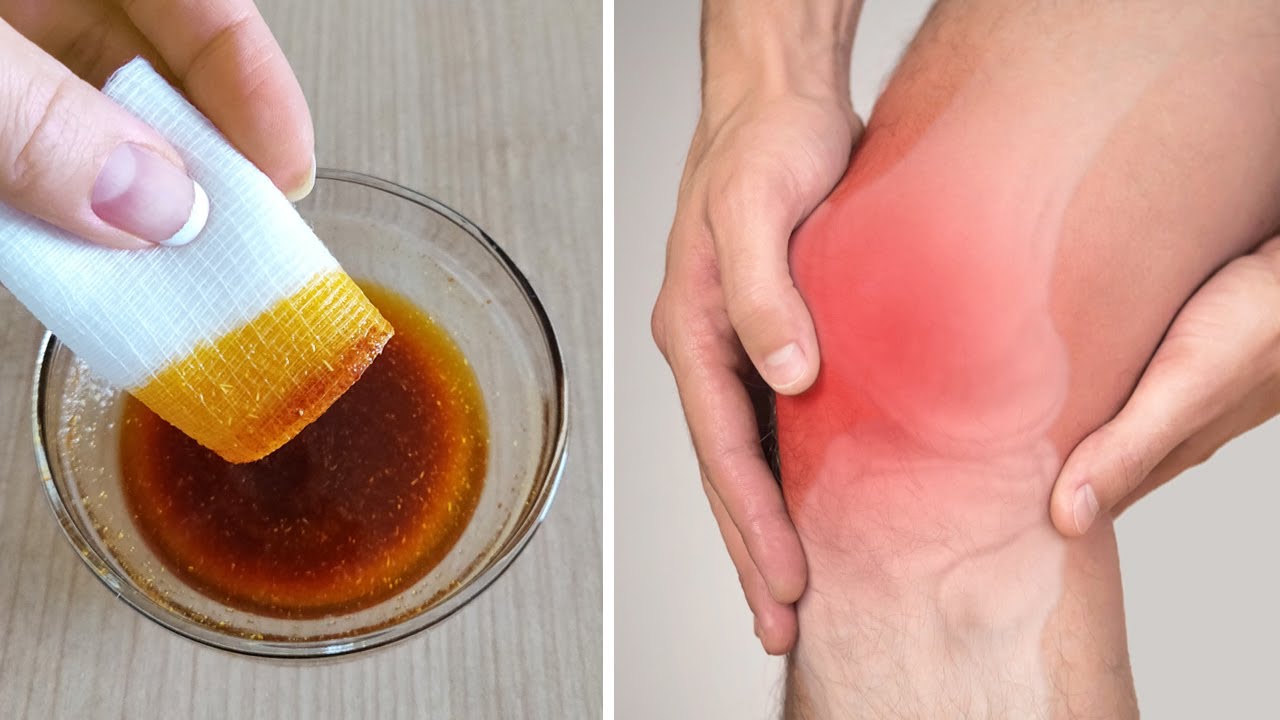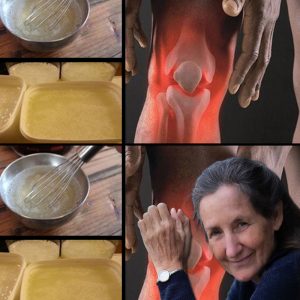
If you’re looking for a natural and effective way to manage bone and joint pain, cayenne pepper might just be the spice you need. Known for its heat, cayenne pepper can do more than just flavor your food; it’s also a powerful remedy for reducing pain and inflammation. Let’s explore how this vibrant spice can help ease your discomfort and bring warmth back into your movements.
Why Cayenne Pepper?
Cayenne pepper contains capsaicin, a compound that gives peppers their heat. Capsaicin is renowned for its pain-relieving properties; it works by reducing the amount of substance P, a chemical that carries pain messages to the brain. By decreasing substance P, cayenne pepper effectively diminishes pain sensations, making it an ideal choice for those dealing with joint and bone pain.
How to Use Cayenne Pepper for Pain Relief:
1. Cayenne Pepper Cream:
You can easily find capsaicin cream at your local health store or pharmacy, but making your own is straightforward and allows you to control the concentration.
Ingredients:
3 tablespoons of cayenne powder
1 cup of your favorite skin-friendly oil (like coconut or olive oil)
½ cup of grated beeswax
Instructions:
Mix the cayenne powder with the oil.
Heat the mixture over low heat for 5-10 minutes; then add beeswax until it is fully melted.
Let the mixture cool, then apply it to the affected areas. Be sure to wash your hands after application and avoid touching your face or eyes, as cayenne can cause a burning sensation.
2. Cayenne Tea:
For internal benefits, cayenne tea can be a warming remedy.
Ingredients:
A pinch of cayenne pepper
1 cup of hot water
Optional: honey or lemon to taste
Instructions:
Add a pinch of cayenne pepper to a cup of hot water.
Stir well and add honey or lemon to improve the flavor.
Drink this tea once or twice daily.
Benefits:
Pain Relief: Capsaicin’s pain-relief properties can help reduce joint and bone discomfort.
Anti-inflammatory: Cayenne pepper can help reduce inflammation, a common cause of pain.
Circulation Booster: The heat from cayenne helps improve circulation, which is essential for healing and health.
Safety Tips:
When using cayenne pepper, start with small amounts to gauge your tolerance, as too much can cause irritation. Always do a patch test when applying capsaicin cream externally to ensure you don’t have an adverse reaction.
Incorporating Cayenne into Your Routine:
Adding cayenne pepper to your daily routine can be an effective way to manage pain naturally. Whether used topically or ingested, cayenne offers a simple, natural method to help soothe joint and bone pain, giving you an opportunity to enjoy a more active, comfortable life. Remember, natural remedies can complement but not replace the advice of a medical professional. Always consult with your healthcare provider for persistent pain.





